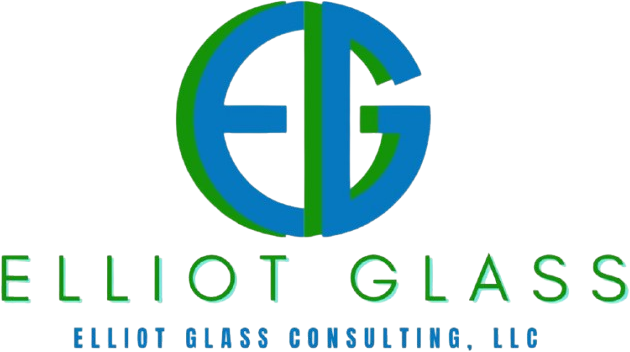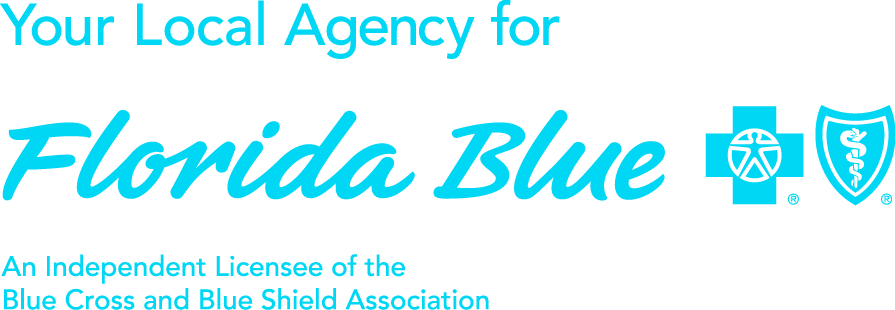Final Expense Insurance
What Is Final Expense Insurance?
Final expense insurance is a small whole life insurance policy that is easy to qualify for.
- The beneficiaries of a final expense life insurance policy can use the policy’s payout to pay for a funeral service, casket or cremation, medical bills, nursing home bills, an obituary, flowers, and more.
- However, the death benefit can be used for any purpose whatsoever.
- The death benefit is usually somewhere between $2,000 and $35,000.
- The average cost of a funeral ranges between $7,000 and $12,000.
Benefits of Final Expense Insurance
- Final expense insurance can relieve the worries of your family members because it provides them with money they may need to pay expenses related to your death.
- It can be a welcome choice for people who can't get any other insurance due to their age or health but want to ease some financial burdens for loved ones.
- It's affordable due to the lower coverage amount.
- This type of insurance policy builds a cash value over time, so you may borrow from it or use it as collateral during your lifetime.
- The premium amount never changes, which can be helpful for budgeting. Coverage is guaranteed.
- The policy cannot be canceled, even if your health deteriorates.
- The death benefit, while aimed at final expenses, can be used for whatever a beneficiary decides is best—a legacy nest egg, mortgage payments, credit card debt, and more.
| Pros | |||||||||||
|---|---|---|---|---|---|---|---|---|---|---|---|
| Policies are affordable | |||||||||||
| Easy to qualify. Requires answers to medical questions but no medical exam. | |||||||||||
| Premiums never increase. | |||||||||||
| Death benefit can't be decreased unless you borrow against cash value or request accelerated death benefits during your lifetime. | |||||||||||
| Heirs can use death benefit for any purpose. | |||||||||||
| Death benefit is guaranteed as long as premiums are paid and you don’t have a term policy. | |||||||||||
| Death benefit is not taxable. | |||||||||||
| You can buy a policy with a death benefit of usually $35,000 or less. | |||||||||||
| Policies are available to applicants with poor health. | |||||||||||
| Cons | |||||||||||
|---|---|---|---|---|---|---|---|---|---|---|---|
| Policy face amounts are lower than other types of insurance and may not meet all expenses. | |||||||||||
| Can be more expensive that other types of policies due to easy health qualification. | |||||||||||
| Some insurers can provide misleading or incomplete information, making decisions difficult. | |||||||||||
| Some policies require waiting periods, which insurers may try to obscure. | |||||||||||
| If you live long enough, total premium paid could exceed the death benefit. | |||||||||||




 Elliot Glass has been a leader in the insurance industry since 2012. His experience and reputation enable him to best serve his valued clients by understanding their individual needs and offering common-sense solutions. This process saves time, money and provides peace of mind for you and your family.
Elliot Glass has been a leader in the insurance industry since 2012. His experience and reputation enable him to best serve his valued clients by understanding their individual needs and offering common-sense solutions. This process saves time, money and provides peace of mind for you and your family..png)